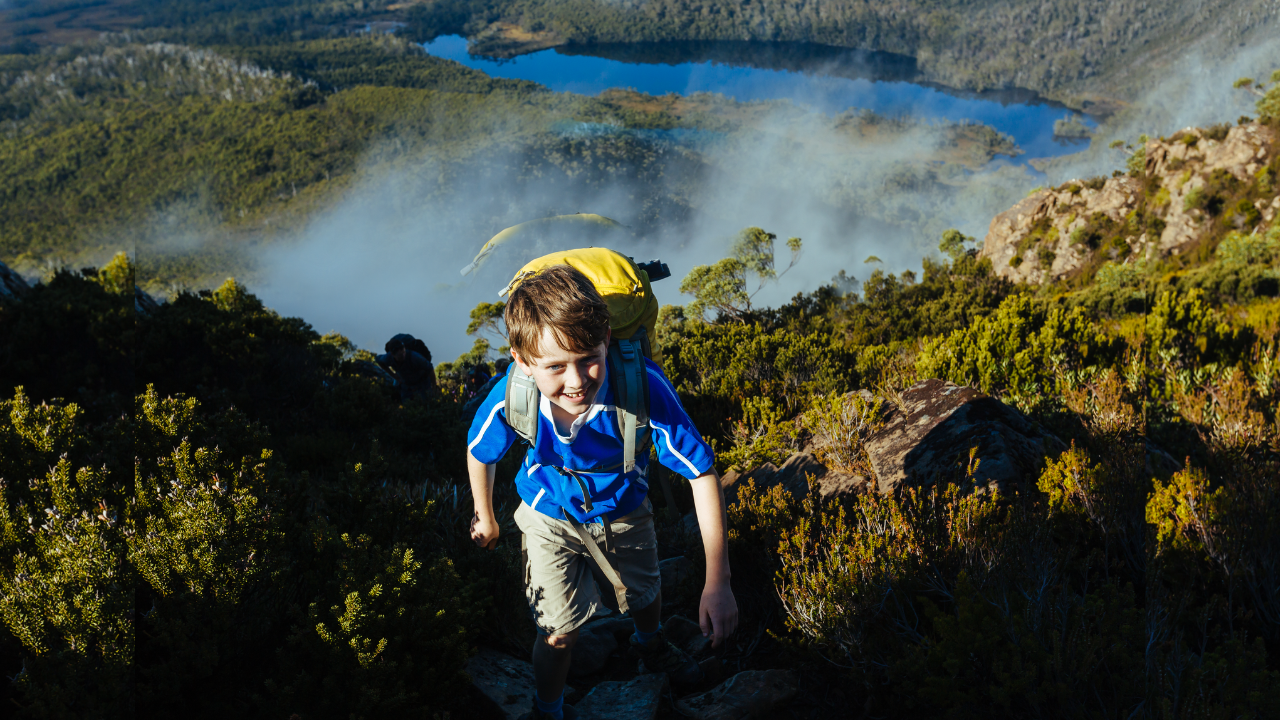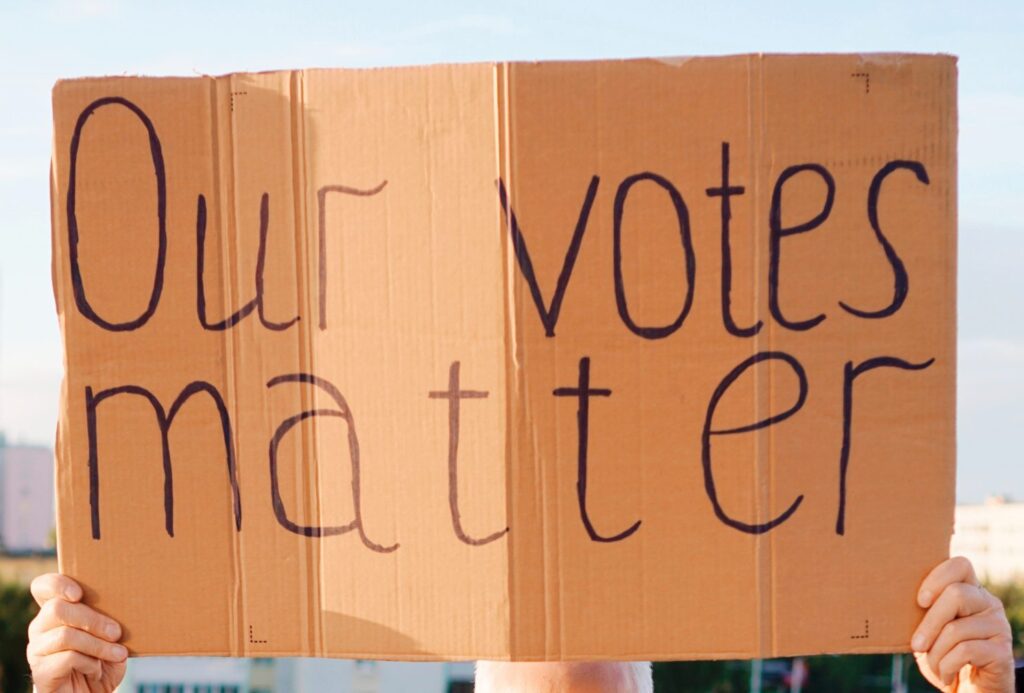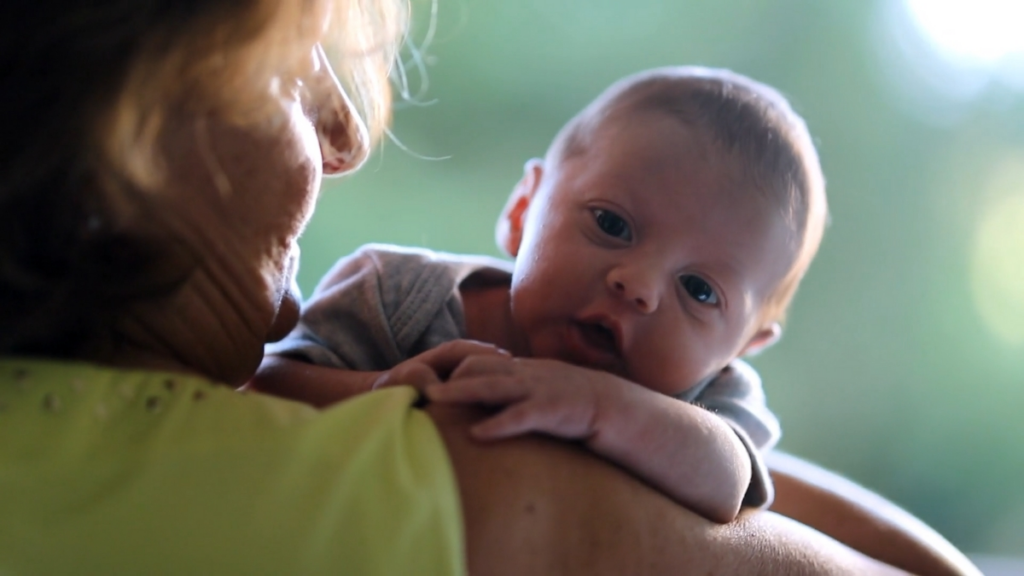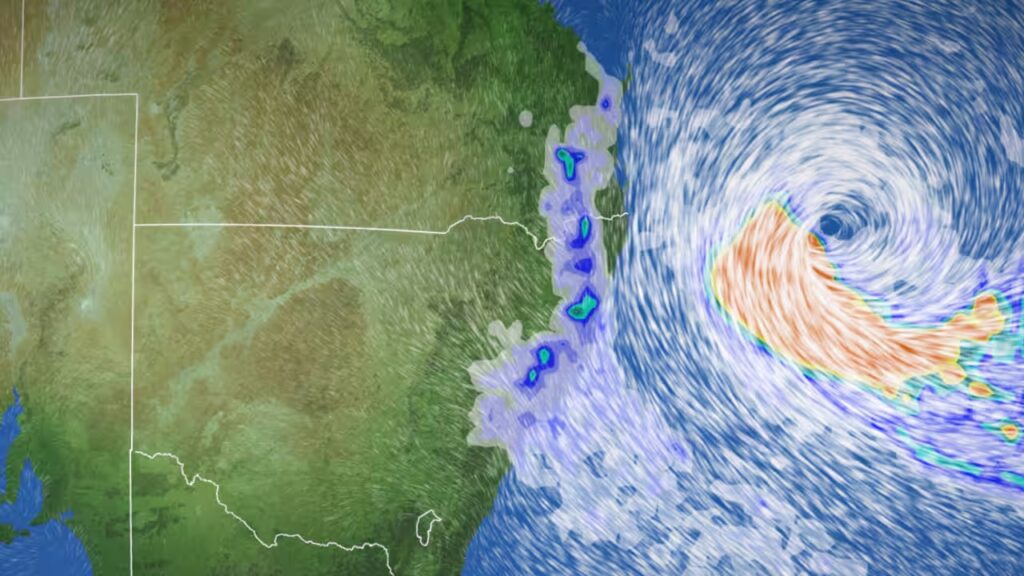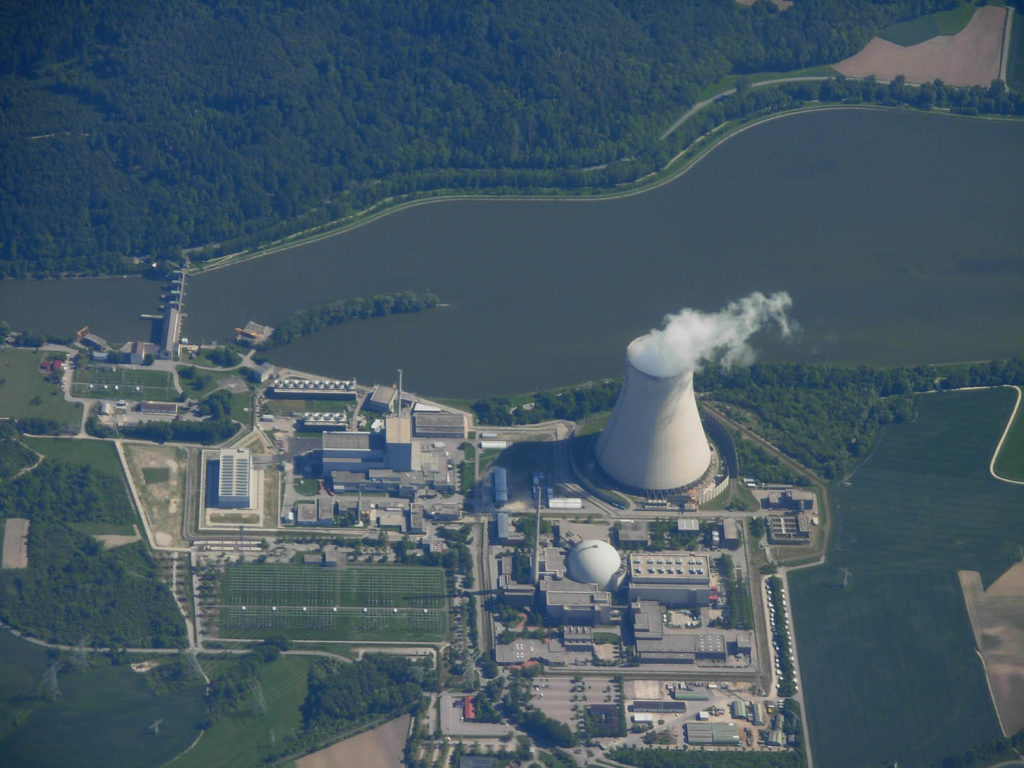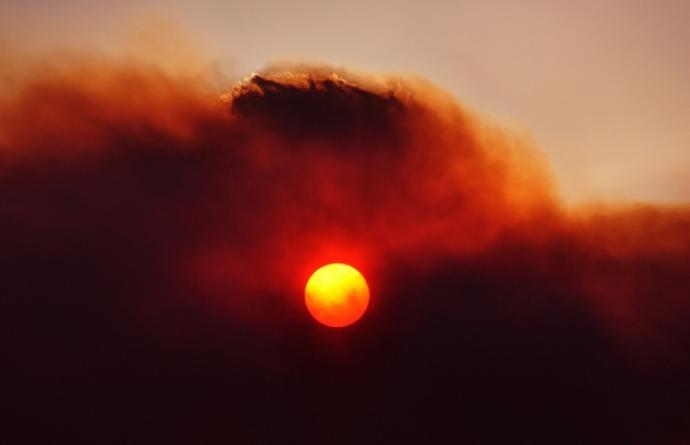In a world pummelled by the consequences of the climate crisis, our simple pleasures, our livelihoods, and our overall safety and security are now under siege. This reality is confronting, and forces us to reckon with what we have already lost and muster up every bit of motivation to come together to safeguard what remains.
Over the past two years, since the publication of our report Aim High, Go Fast, and nearly a decade on from the moment countries from around the world decided under the Paris Agreement on how to respond to climate change, the impacts have continued to escalate. Already at 1.2°C of global warming, the world is grappling with stark realities as the toll on people and nature gets bigger and bigger: families uprooted by floods and fires, iconic ecosystems like the Great Barrier Reef irrevocably harmed, entire species driven to extinction. And, too many lives lost.
Download the summary for policymakers here
The reality is simple: there’s no safe level of global warming and everything we do now matters. In this report, we explore the latest global science and data to break down the projections and what this means for Australia. We explain the science and debunk dangerous false solutions getting in the way of genuine climate action. As we teeter at the edge of crossing perilous tipping points in our climate system, so too are we at inflection points when it comes to the opportunities for transformative action. This window might be narrowing, but a brighter and safer future is still possible if we throw everything we’ve got at the climate crisis this decade.
For Australia, we must get our emissions on a steep downward trajectory with an actionable plan to reduce emissions by 75 percent below 2005 levels by 2030 and reach net zero by 2035. This is doable. It requires an all-in effort that builds upon our modest progress to date. Fortunately we have the technology. The economics are favourable. Plus, the benefits to our health, our economy and our communities – our way of life – are undeniable. Today we must ask our leaders – do you want to be remembered for inching ahead with incremental changes that fell catastrophically short of what we knew was necessary? Or for striving to get it right by rising to the challenge and seizing all the opportunities now before us?
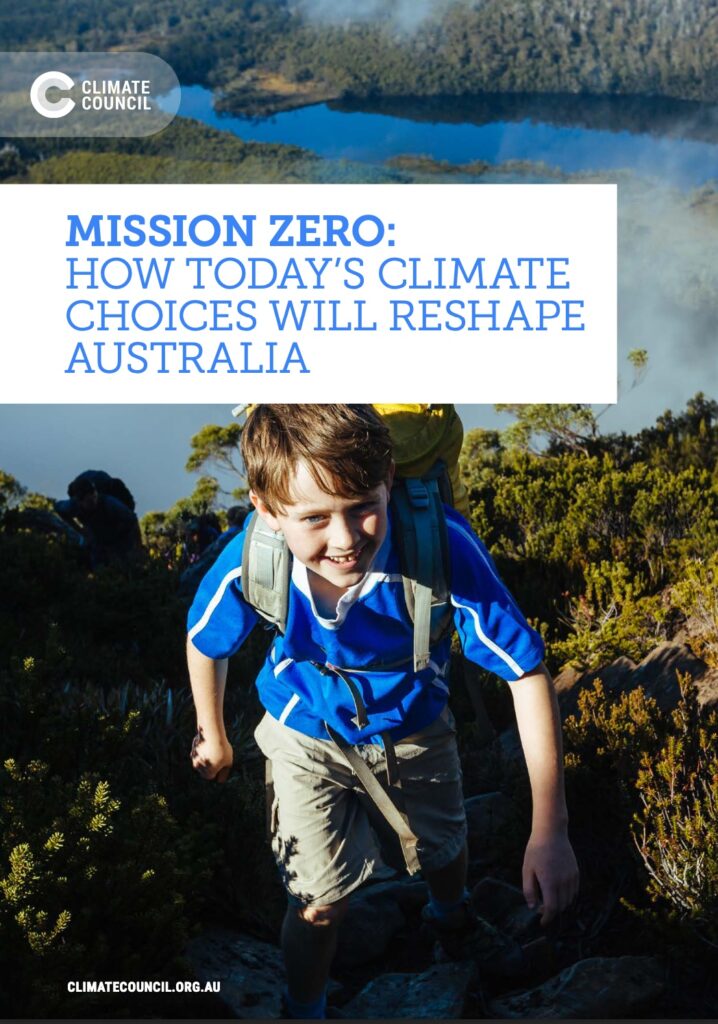
Report key findings:
1. From feeling safe and secure in our own homes to being able to enjoy an off-road summer adventure, climate change is assaulting many aspects of the great Australian way of life.
- The start of summer now spells a season of anxiety, rather than fun, for many Australians who dread the more extreme heat, dangerous fire weather and intense downpours that climate change worsens.
- Driven by the burning of coal, oil and gas, climate impacts like these are disrupting cherished Australian pastimes – such as sporting events, and festivals – with increasing frequency.
- More erratic and dangerous extreme weather makes insurance less affordable for all of us, and out of reach for more of us. It’s forcing some families from their homes, like we’ve witnessed in flood-prone Lismore and bushfire-ravaged towns of Victoria.
- Ecosystems that act as our life support system – providing water, food and essential materials – are beginning to unravel. From the Great Barrier Reef to the ancient Gondwana rainforests, many places are suffering irreparable damage.
- Climate impacts add to the burden on Australians with the fewest resources to cope: people on low incomes; regional and rural residents whose livelihoods are tied to the land; young people; and First Nations peoples, who have 65,000 years of connection to Country.
2. Humanity has already profoundly altered the Earth’s carbon cycle, and incremental progress won’t fix it. Too little action, taken too slowly, could trigger abrupt and major changes that rapidly overwhelm us.
- By digging up and burning fossil fuels we have profoundly altered the Earth’s carbon cycle by drawing huge quantities of carbon out of long- term storage underground and pumping it into our atmosphere.
- This has tipped our Earth System out of balance and blanketed our planet in pollution that traps in heat. Our global temperature is now rising faster than anything we have seen over the Earth’s entire history.
- In Australia, electricity emissions are slowly declining as we add more renewable energy to the grid, but that progress is being cancelled out by rising emissions in other parts of our economy. Once land use and forestry are discounted, national emissions have fallen a mere 0.2 percent since 2005.
- Every fraction of global warming raises the spectre of crossing a point of no return (a tipping point). The latest research warns that we may have already done so for the west Antarctic and Greenland ice sheets, leading to potentially irreversible and catastrophic changes.
3. Choices made today will substantially shape the kind of world that younger Australians inherit. The more that we can cut greenhouse gas emissions this decade, the better the prospects for us all.
- Any missed opportunity to leave coal, oil and gas in the ground increases the danger that we will face, and could condemn future Australians to hardships that are difficult to fathom.
- Stronger climate action now, and through this decade, will be measured in fewer people being forced from their land and homes, and in more First Nations communities being able to maintain their continuous connection to Country.
- Stronger climate action now, and through this decade, will be measured in more species, ecosystems – and everything that depends on them – being saved from the brink. For the Great Barrier Reef, it’s the difference between having a fighting chance of survival or mostly disappearing.
- Stronger climate action now, and through this decade, will be measured in the lives and wellbeing of our children and future Australian generations who will face fewer and less intense heatwaves than would otherwise occur.
- While we cannot stop the seas from rising, we can still influence the rate at which they rise, which for many low-lying communities is the difference between survival or not.
4. Anyone proposing to use more coal, oil or gas is reckless. It’s like adding more fuel to an already raging fire. It’s equivalent to gambling with everything that Australians value.
- Corporations and governments that plan to dig up more coal, oil or gas are ensuring that the truly nightmarish outcomes (mass extinction and the collapse of human societies) are still among the plausible futures we face.
- We need to get as close to zero emissions as possible, and then we need to work out how to draw down massive amounts of carbon in our atmosphere. Since 1750, humans have generated around 1.5 trillion tonnes of carbon dioxide emissions; half of which was added since 1990.
- Planting trees doesn’t balance out digging up and burning coal, oil or gas. Offsetting is not an equal exchange, because when we dig up fossil fuels we release carbon from long-term, stable storage and it keeps cycling between land-based ecosystems, the upper ocean and the atmosphere, where it contributes to the blanket of carbon dioxide that is heating the planet.
- We wouldn’t board a plane that has a 50 percent chance of falling out of the sky. Yet, governments are setting low targets that give us the same chance of losing everything we hold dear.
- Australia is not on track to meet the inadequate national target of reducing our emissions by 43 percent below 2005 levels by 2030 and reaching net zero by 2050.
5. Today’s leaders stand on the cusp of history: will they go all-in to help build a safer and more prosperous world? Or will they tip us past a point of no return, condemning everyone to a radically dangerous and unstable world?
- It is game on for climate action, not game over. The Climate Council reaffirms that Australia should strive for a 75 percent emissions cut by 2030, and net zero emissions by 2035 so we can help hold global warming at the safest levels now possible, with a decent chance of success.
- As a high-income country with sufficient public and private capital, we can build the clean energy system, transport solutions and fully-electric homes we need. This will help tackle long-standing inequalities and support Australians doing it tough, at the same time as reducing harmful emissions.
- We will need to replace our fossil fuel exports by developing the clean energy, new industries and technologies that are increasingly in demand. This means Australia can help cut emissions around the world, while getting paid for it.
- When it comes to individual choices and behaviours, many of the climate solutions are already at our fingertips, including all-electric homes that use less energy, and cleaner transport options. They just need adequate investment, so more people can access them.
- As Pacific leaders have put it: we’re all in the same canoe when it comes to combating climate change, and if we paddle together there’s nothing we can’t do.


